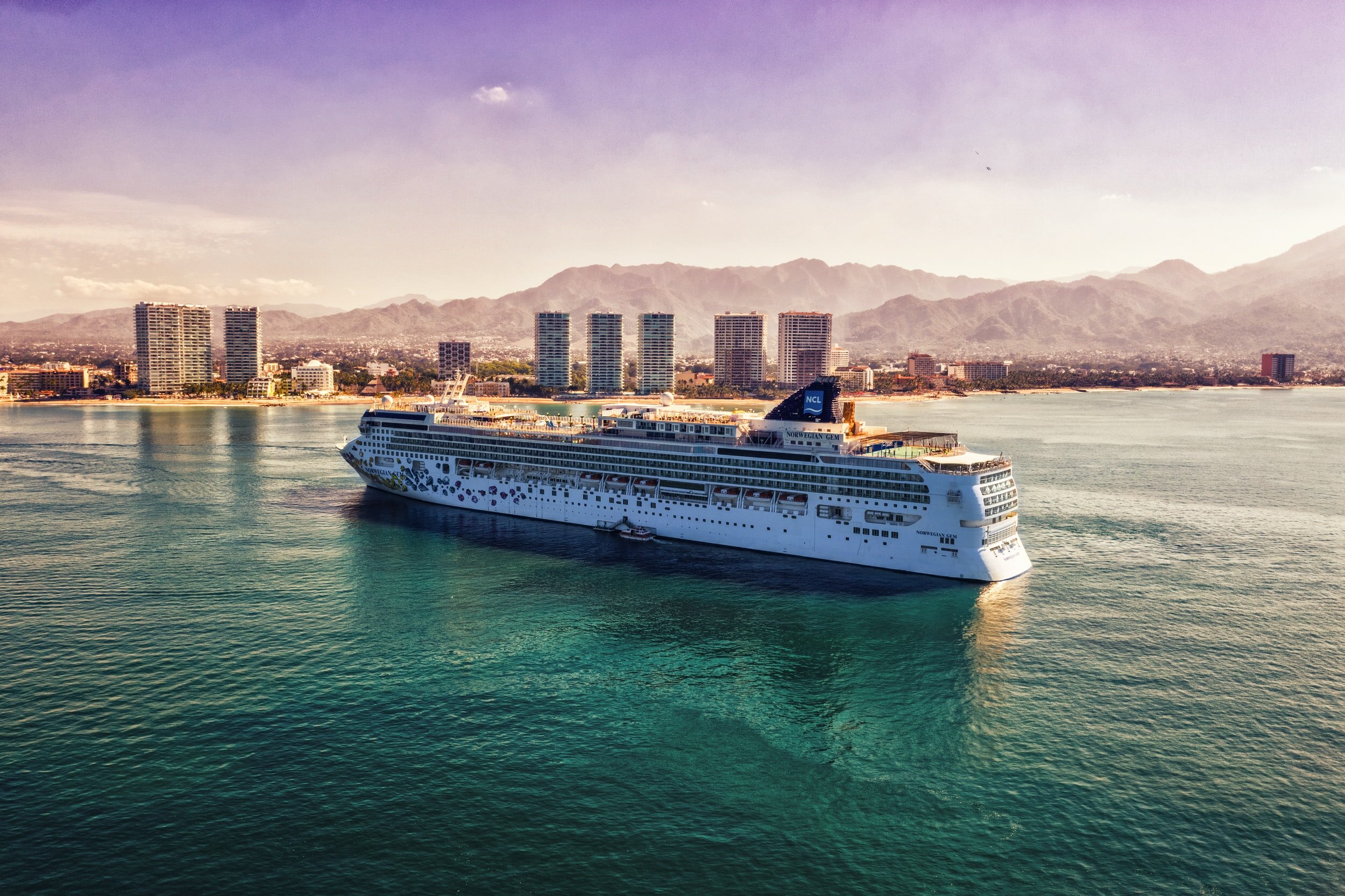
Case Summaries
London Arbitration 22/17
“An amended Asbatankvoy relieved Charterers from "all liability in respect of any claims....unless such claim has been presented to Charterers in writing with supporting documents within 30 days from completion of discharge...". NORs from load ports had been provided after loading; Owners' demurrage claim and other supporting documents followed later, within the deadline. Cumulatively the material was sufficient to support the claim. The Tribunal held that the Clause did not require simultaneous submission of claim and supporting material, thus rejecting Charterers' time-bar defence.”
London Arbitration 21/17
“Following the conclusion of a Shelltime 4 charter for 12 months at USD70,000 per day, the freight market collapsed (tonnage scarcity ending with the announcement of the lifting of Iran sanctions). Charterers struggled to find profitable employment for the vessel, failed to pay hire and after 3 months sought 'cancellation' requesting Owners to find substitute employment. The Tribunal agreed that Owners rightfully accepted Charterers' conduct as a repudiatory breach terminating the Charter and awarded as damages the difference between Owners' earnings had the charter run for its full term, with bunkers paid for, and their actual sporadic earnings in that period on the spot market. The post-contract lifting of sanctions had no bearing on damages, and there was no 'accelerated receipt' of funds meriting any discount.”
London Arbitration 20/17
“A time charter provided for a period of "minimum 4/maximum 6 months". Charterers, who wished to redeliver later, relied on the fixture recap which had specified a pro forma fixture "amended logically as per these main terms"; the pro forma had been for "a period of 6 months....always 15 days more or less in charterers' option." The Tribunal held that "minimum 4/maximum 6 months" was a main term and thus replaced the duration provision in the pro forma in its entirety.”
London Arbitration 19/17
“The Tribunal ruled that disponent owners could only recover from time charterers 50% of a cargo claim reimbursement and costs liability paid to head owners. The cargo claim (condensation damage to steels) arose not just through loading and stowing but also due to other reasons including the multiplicity of loading ports and the differing temperatures and conditions at those ports. The claim therefore fell under ICA paragraph 8(d) ("all other..."). The Tribunal declined to hold that it arose through charterers' act or neglect (so as to apply a 100% apportionment) particularly because the time charter specified the type of cargo, the range of ports and the time of year.”
London Arbitration 18/17
“Pursuant to voyage charterers' orders, owners interrupted loading operations and later claimed additional load port expenses. The Tribunal rejected owners' arguments that i) charterers' instruction were uncontractual because charterers were exercising their right to use the allowed laytime as they wished and ii) owners were entitled to be indemnified for expenses incurred for following charterers' orders because it was a voyage charter so expenses lie where they fall. Nevertheless, the Tribunal awarded owners reimbursement of additional load port expenses on the basis of an inferred oral agreement between the parties.”
London Arbitration 16/17
“A prolonged port stay clause in a time charter (20 running days, tropical waters) both protected Owners against underperformance claims and required Charterers to clean the hull; the Tribunal considered that the Clause still operated even though the Vessel had not remained in exactly the same place during the relevant stay. Further, it was sufficient to establish 'fouling directly resulting' from the stay, that the Vessel did not underperform after the cleaning.”